Treatment GuideJust DiagnosedSex & DatingAfrican AmericanStigmaAsk the HIV DocPrEP En EspañolNewsVoicesPrint IssueVideoOut 100
CONTACTCAREER OPPORTUNITIESADVERTISE WITH USPRIVACY POLICYPRIVACY PREFERENCESTERMS OF USELEGAL NOTICE
© 2026 Pride Publishing Inc.
All Rights reserved
All Rights reserved
Scroll To Top 










![]()
By continuing to use our site, you agree to our Privacy Policy and Terms of Use.
Would Martin Luther King, Jr. Have Supported HIV-Positive People? (Click to Read More)
The renowned civil rights leader died in 1968, long before we were aware of HIV — and its impact on the African-American community — and long before HIV stigma threatened the rights of those living with the virus. But, if King were alive today, would he join HIV activists in their efforts? We asked advocates to weigh in on King's legacy and HIV.
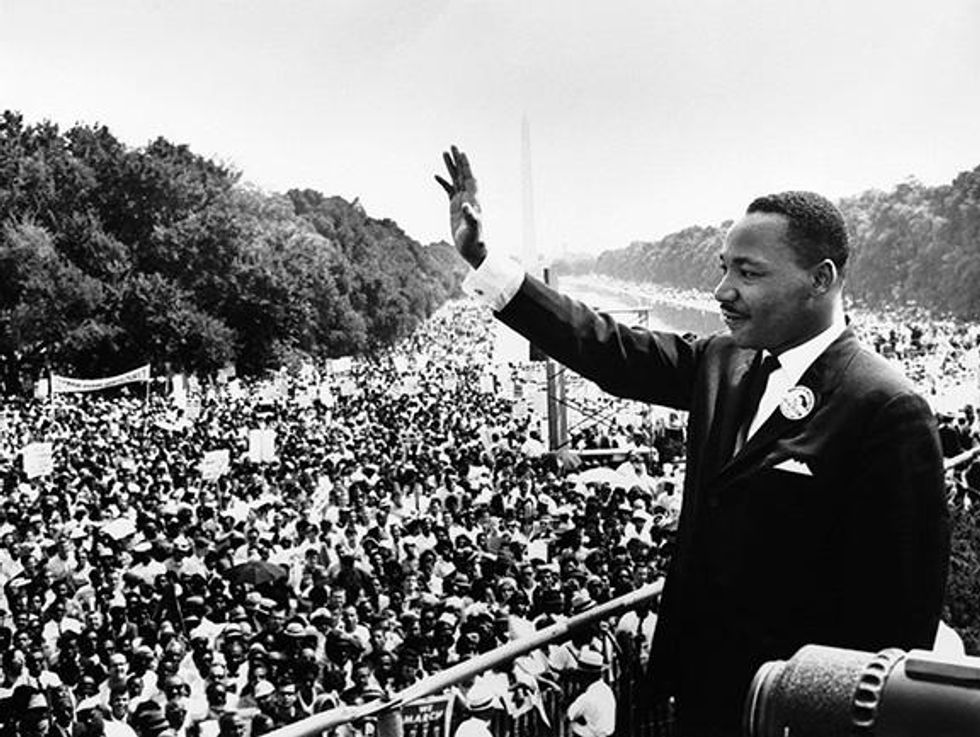
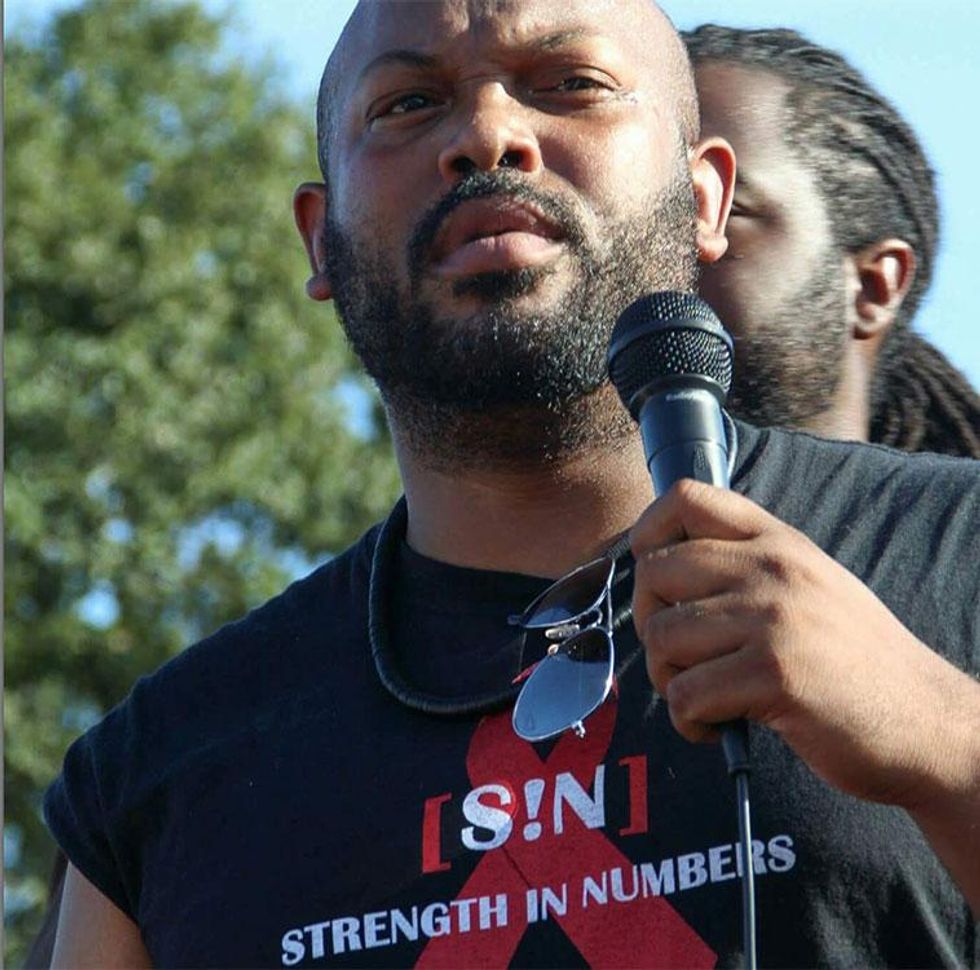
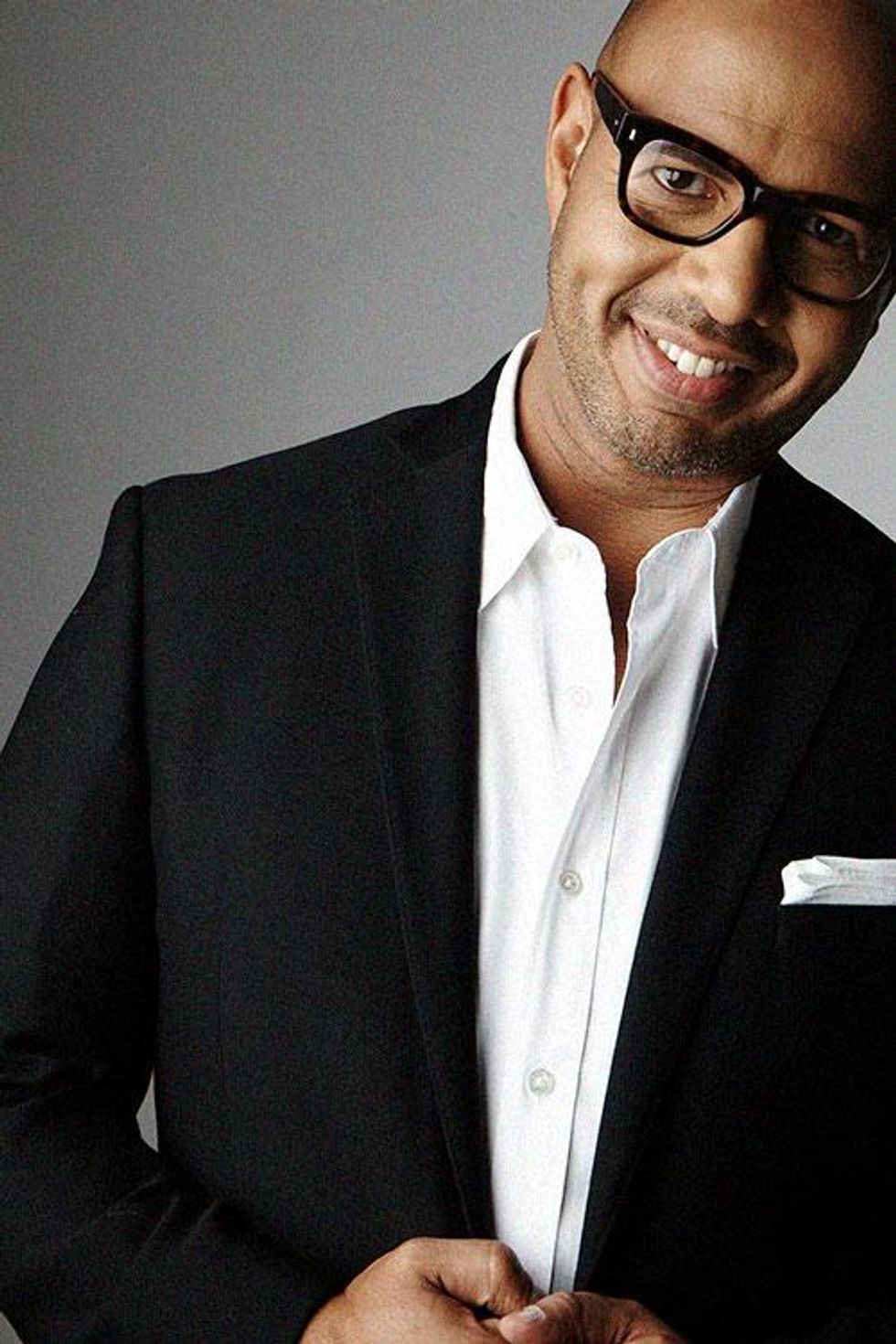
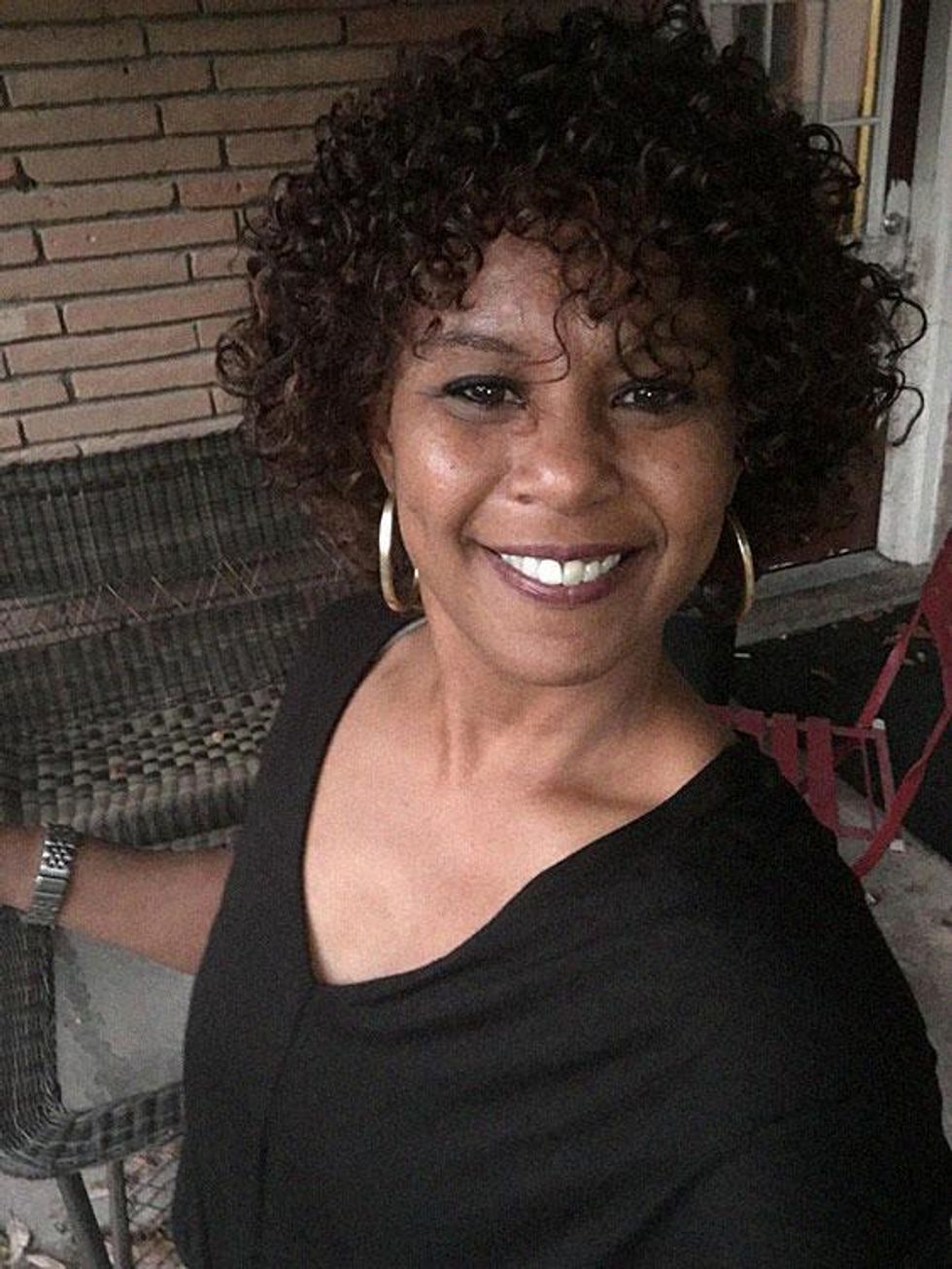
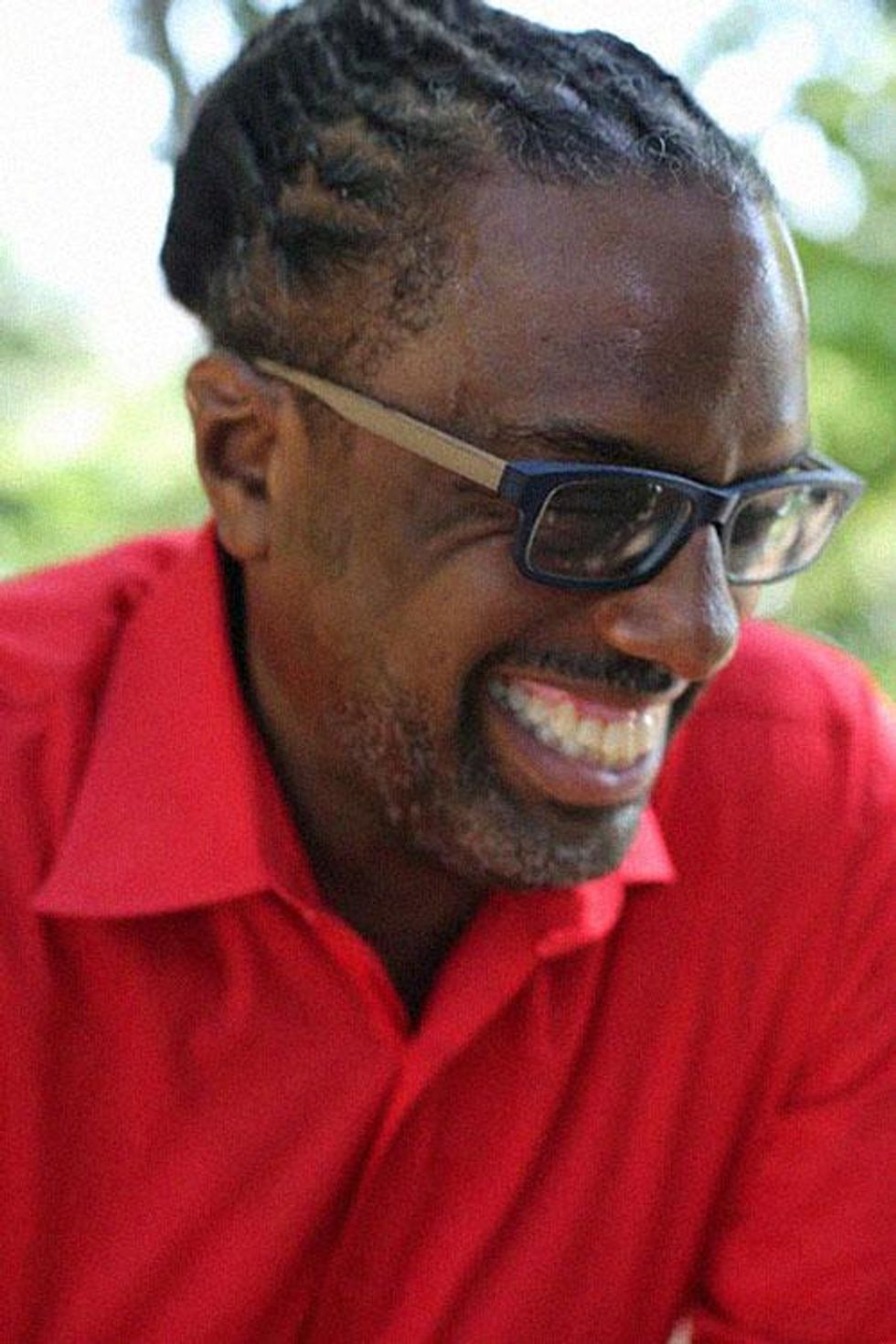

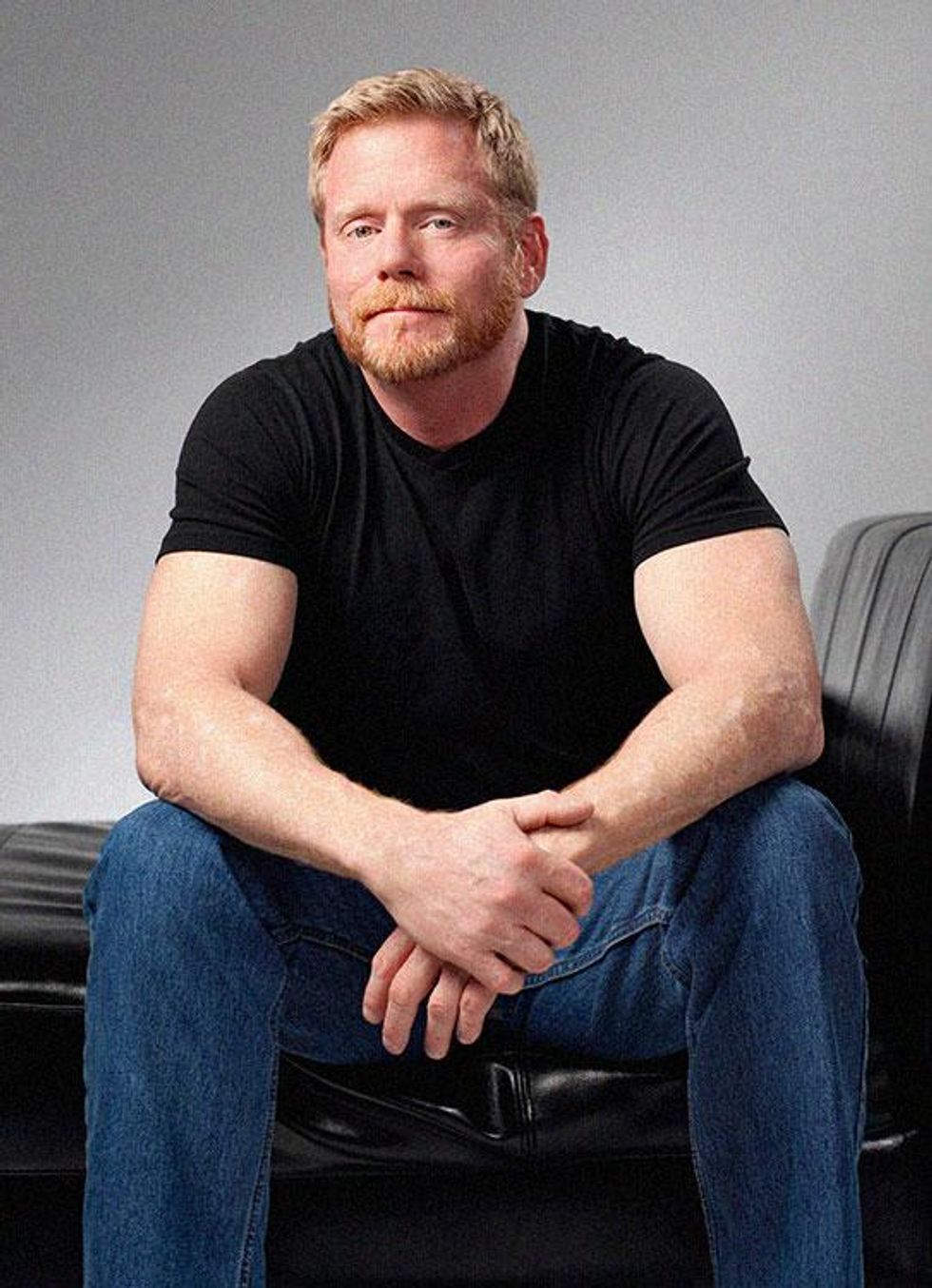
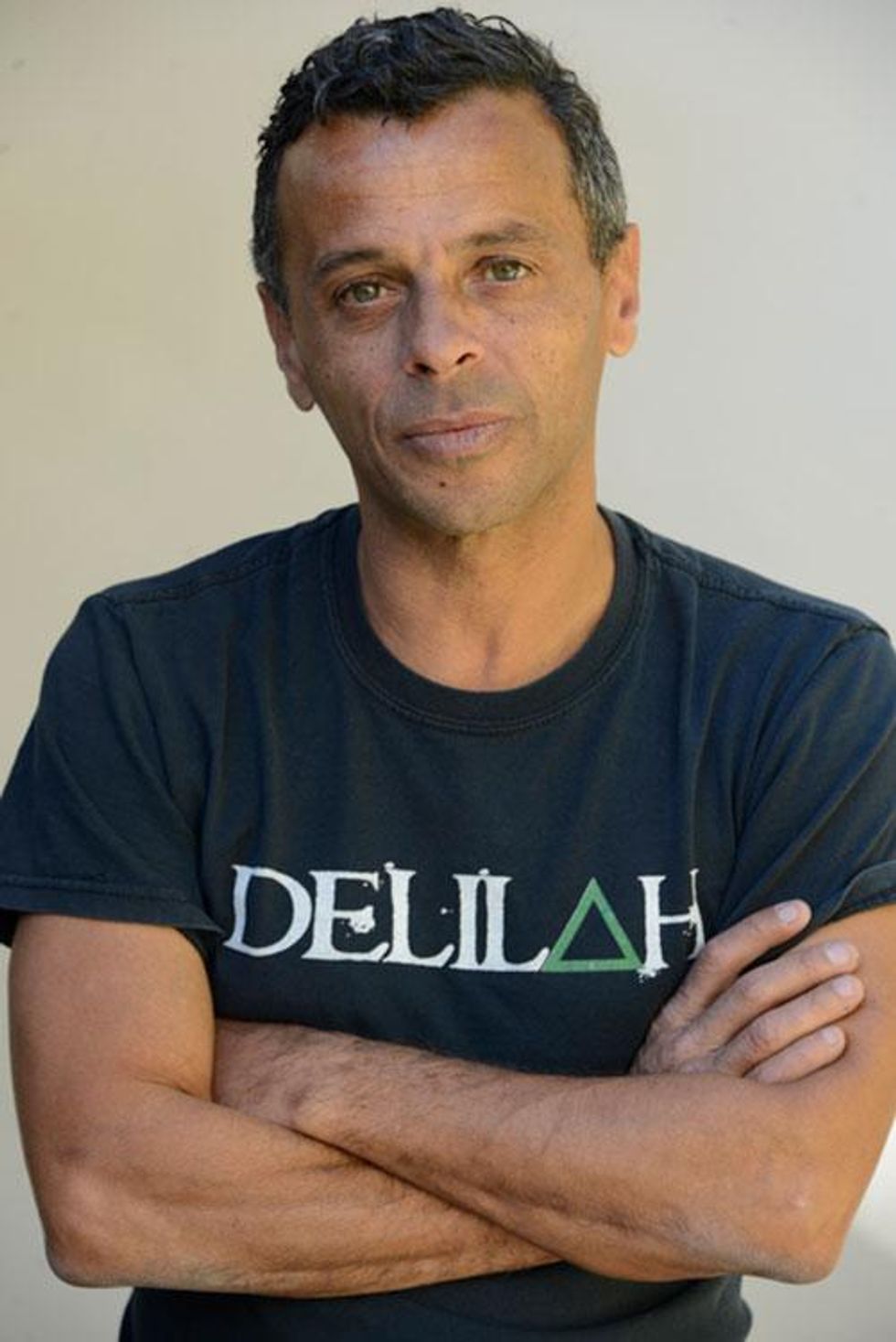
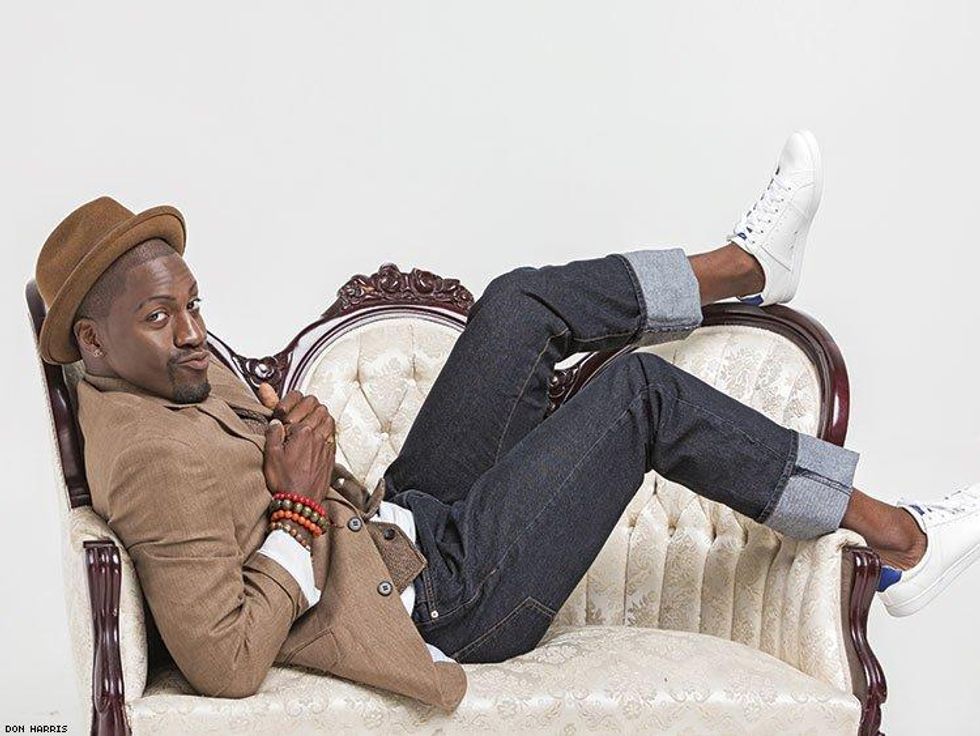
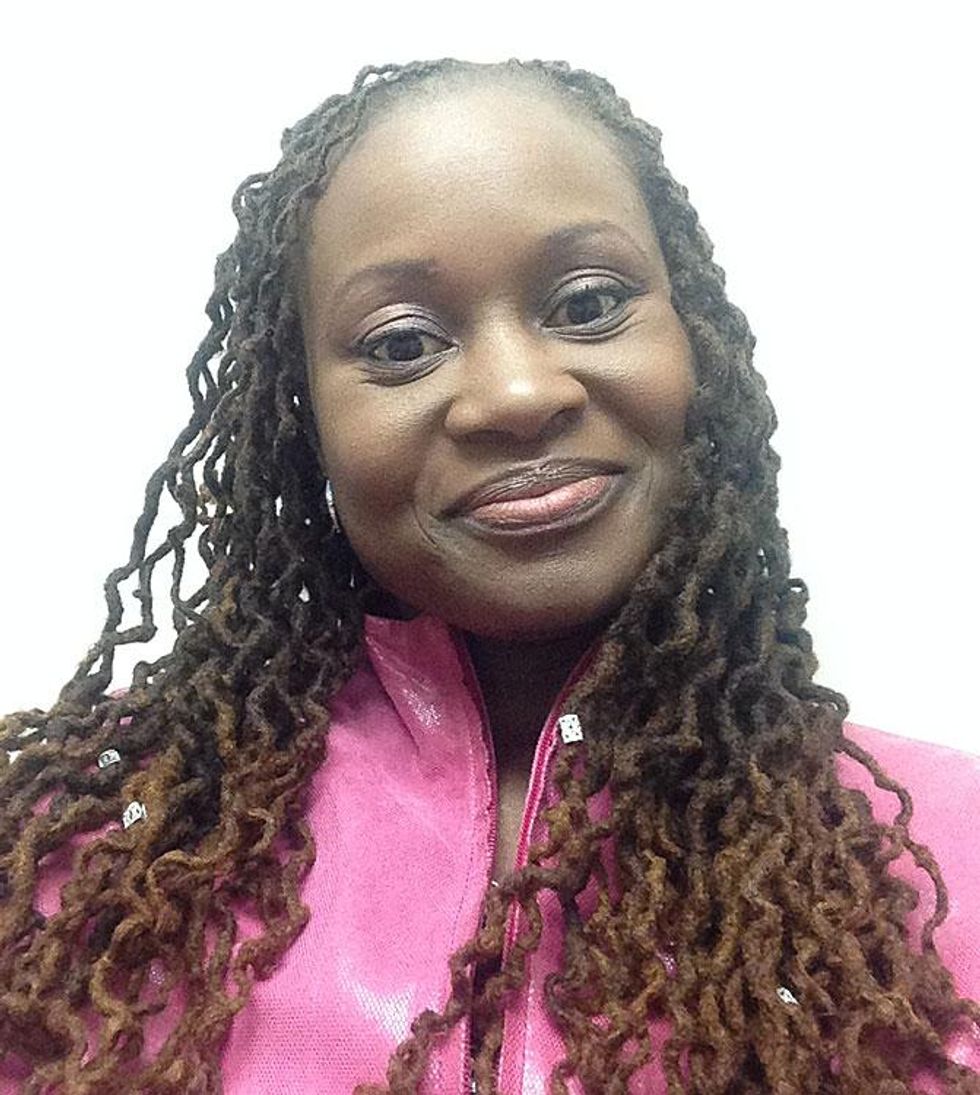
More Galleries
HIV-positive men stage 'Kiss-In' protest at U.S.-Mexico border
December 01 2025 12:56 PM
HRC holds 'die-in' to protest Trump health care cuts
April 28 2025 2:11 PM
Broadway's best raise over $1 million for LGBTQ+ and HIV causes
April 03 2025 7:15 PM
Ricky Martin delivers showstopping performance for 2024 World AIDS Day
December 05 2024 12:08 PM
The science behind U=U has been liberating people with HIV for years
June 04 2024 3:31 PM
Before AIDS, gay artist Rex drew hot men on the prowl — then he disappeared
April 11 2024 3:15 PM





